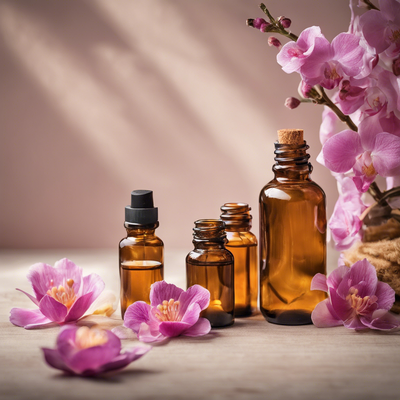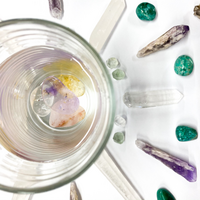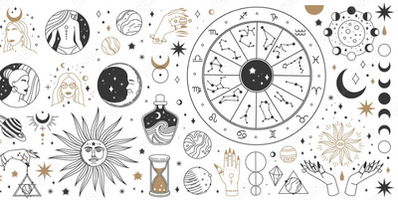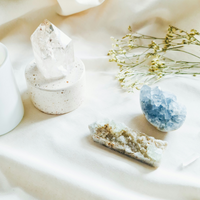
Aromatherapy, an ancient practice dating back thousands of years, has strong connections to many historical traditions. While aromatic oils have been employed for centuries to address a variety of ailments and conditions, the formal study of their properties only commenced in 1928.
At its most basic level, aromatherapy involves utilizing essential plant oils for therapeutic purposes. Typically, these oils are employed to alleviate stress and various stress-related conditions, as well as to enhance overall well-being and invigorate both the body and the mind.
The mechanism of aromatherapy involves stimulating olfactory nerve cells with aromatic oils, transmitting messages to the limbic system in the brain. The limbic system, responsible for regulating memory and emotions, is the key area influenced by this process.
Aromatherapy addresses both the physical and emotional aspects of individuals undergoing treatment. On a physical level, it aids in alleviating specific conditions by stimulating the nervous, immune, and circulatory systems. Emotionally, aromatherapy has the potential to evoke pleasant memories and uplift moods.
While there is no unanimous consensus within the medical community on whether aromatherapy alone contributes significantly to the healing of various medical conditions, the concept of recovery through aromatherapy is broadly acknowledged.
Essential oils are obtained through the distillation of various plant elements such as leaves, roots, flowers, stems, and bark. These oils contain the concentrated essence of the plants they are derived from. Despite being called "oil," essential oils typically lack the typical properties associated with oils. Some essential oils, like lemongrass and orange, may appear yellow, while many others remain clear.
These oils find application through various methods, including inhalation, adding them to bathwater, and applying the diluted oil directly to the body.
The efficacy of aromatherapy is limited to oils with unadulterated qualities; only the purest essential oils possess therapeutic value.
Below is a list of the most frequently used essential oils in aromatherapy.
Some of which are used as carrier oils (also known as vegetable oils or base oils):
– Almond, Sweet
– Apricot Kernel
– Avocado
– Borage
– Cocoa Butter
– Evening Primrose
– Grapeseed
– Hazelnut
– Jojoba
– Kukui
– Macadamia Nut
– Olive
– Peanut
– Pecan
– Rose Hip
– Sesame
– Shea Butter
– Sunflower
Below are listed essential oils that are not advisable to use in aromatherapy, especially if not supervised by a professional aromatherapy practitioner.
– Ajowan
– Almond, Bitter
– Arnica
– Birch, Sweet
– Boldo Leaf
– Broom, Spanish
– Calamus
– Camphor
– Deer Tongue
– Garlic
– Horseradish
– Jaborandi
– Melilotus
– Mugwort
– Mustard
– Onion
– Pennyroyal
– Rue
– Sassafras
– Thuja
– Wintergreen
– Wormseed
– Wormwood
Aromatherapists put into practice the workings of aromatherapy in a spectrum of work environments including:
– private practice
– mobile visiting practice
– natural health clinics
– beauty therapy clinics
– health clubs
– hospitals
– hospices and
– nursing homes.
Despite the absence of formal research on aromatherapy, therapists and European physicians frequently recommend specific aromatic oils to address various complaints, such as colds and flu, insomnia, sinusitis, migraines, digestive problems, and muscle pains. However, it is crucial to note that aromatic oils should never be ingested orally and should be tested on the skin first to assess sensitivity.





